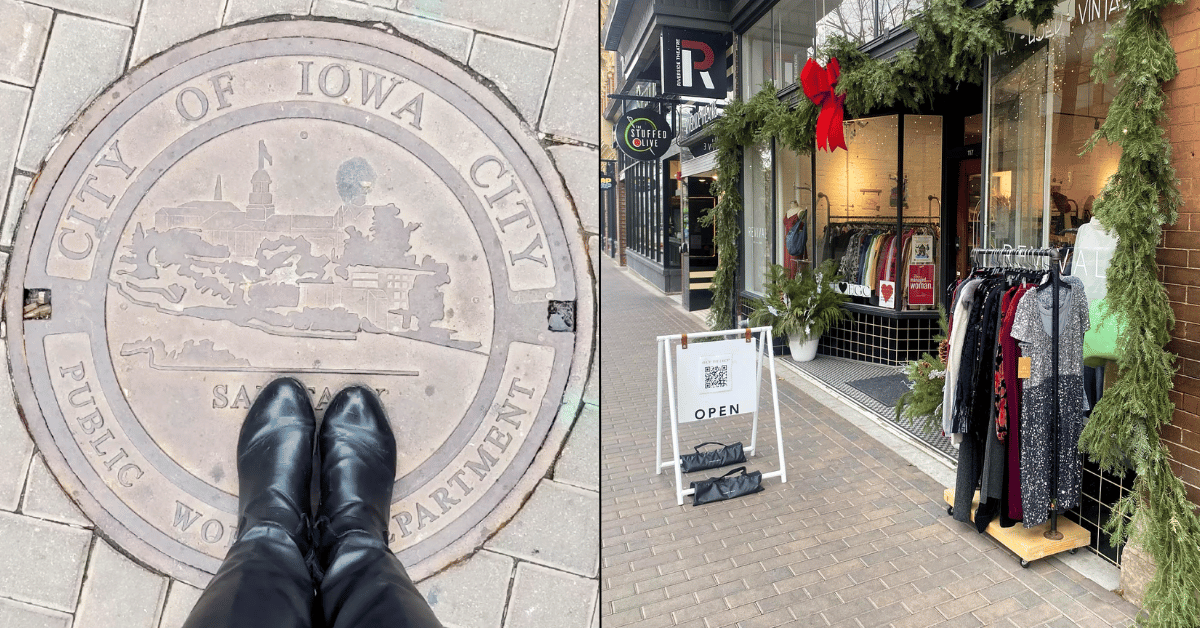local seo versus organic seo
Key takeaways:
Local SEO is vital for smaller brick and mortar businesses.
Organic SEO extends outside of geographic areas.
There are many ways to optimize your website and brand presence to achieve higher visibility where you are physically located.
what is local SEO?
Local Search Engine Optimization (SEO) is all about making sure your website and overall web presence lends itself to reaching your target audience in a specific geographic region. This may mean things like having location-specific landing pages on your website, claiming your Google Business Profile and providing information on hours, what you provide, and much more.
Google Business Profile
The listing that appears at the top (mobile) or on the right side (desktop) when you search a business is your Google Business Profile. It influences how you appear in search as well as on things like Google Maps. This guide from Semrush goes deep into how to best optimize your profile for your business.
Link building
Technical improvements is an area that many people neglect, but it can have a huge impact on rankings locally. If you think about it, local businesses with influence linking back to your business signals high intent and positive relationships between businesses with established local SEO credibility.
For example, let’s look at a local event between your business and another local business. Your business could host the landing page where people sign up, and your partner for the event could share it across their website, as well! You both should share it across social channels.
Mobile optimization
In terms of mobile optimization, according to keyword.com’s research, “...local search results on mobile devices start with the local map pack and business information, pushing the regular search results downward. This is why local SEO conversion is higher on mobile devices than desktop devices. Users tend to click on businesses ranking on the map pack first.”
This makes a lot of sense when you think of a typical user experience while out and about and searching for businesses or resources locally. Are you more likely to pull out your laptop or do a quick Google search on your mobile phone?
We created a local SEO checklist to help you get started increasing your online visibility!
what is organic SEO?
Organic SEO is all about creating, improving, and maintaining content to improve its visibility in search engines without paid spend. The goal of organic SEO is to establish a website’s authority as a trusted source that is relevant in terms of content to the audience it’s targeted for. In turn, this helps pages turn up higher in search results and the cycle continues.
Some important elements to consider when thinking about organic search are things like keywords, user experience, and technical SEO. Let’s dig in a bit to each of these.
Keyword research
Identifying the types of words and phrases people will use when researching a topic is important to making sure you are reflecting those words back in your content (in a useful way)!
User experience
This is thinking about things like page load speed, mobile optimization, and easy navigation across your site.
Technical SEO
These are things that people will not see but “crawlers” and search engines absolutely do! Making sure your site architecture is following best practices ensures that search engines can properly read and rank your content and serve it up in the right ways.
How do local and organic SEO compare?
Organic SEO is a necessary endeavor for pretty much any business with a presence on the internet, and local SEO is extra important for place-based brands and businesses that rely on customers visiting IRL. While local SEO can be a component of organic SEO, it doesn’t go the other way around.
While local SEO relies heavily on integrating information about your physical business with your website and relevant platforms (Google Business), organic SEO is more about figuring out search intent and creating content that is relevant to that. At the end of the day, both versions of SEO are important and meant to be helpful, but the tactics to achieve good results in each will vary.
Which companies should leverage local SEO?
All companies with a local, physical presence should leverage local SEO. This includes businesses with brick and mortar locations, businesses that sell at local markets and festivals, and businesses that are manufactured locally and sold in-stores.



